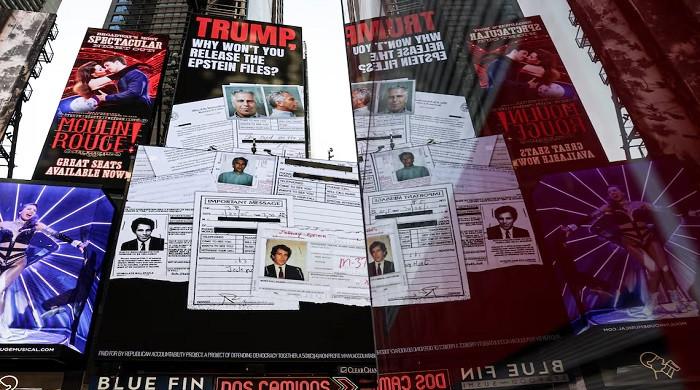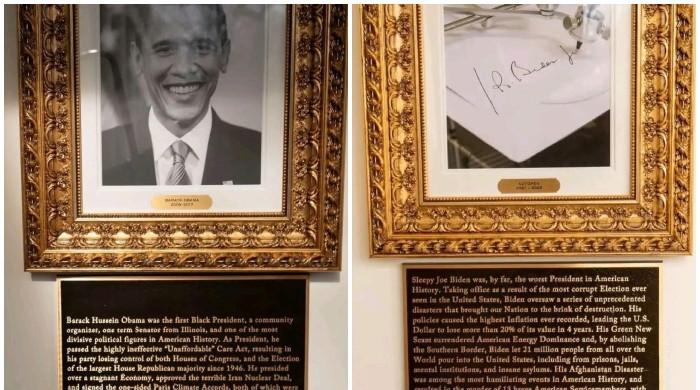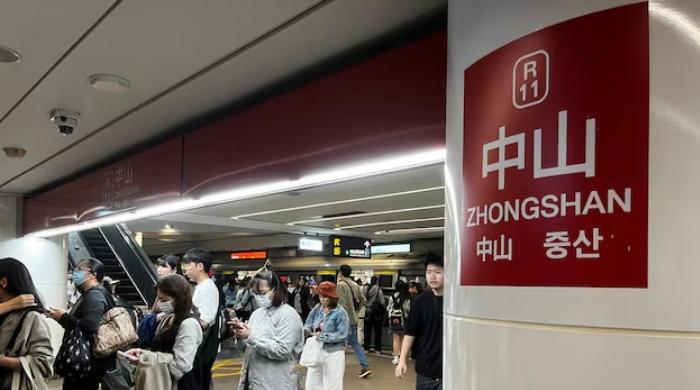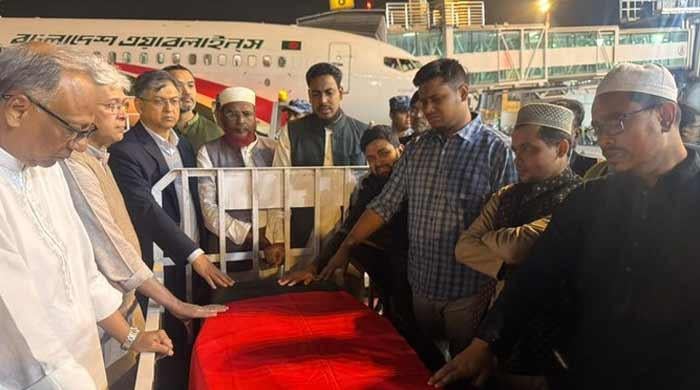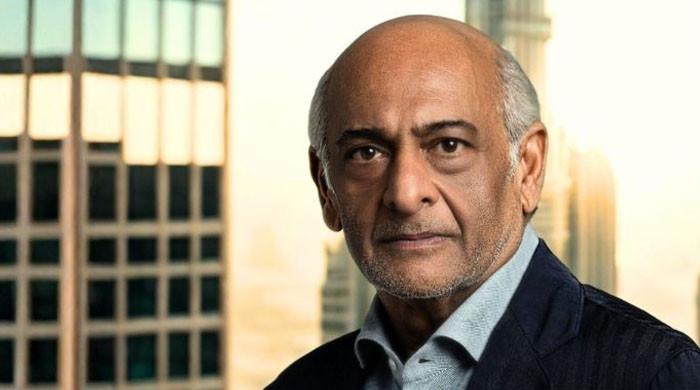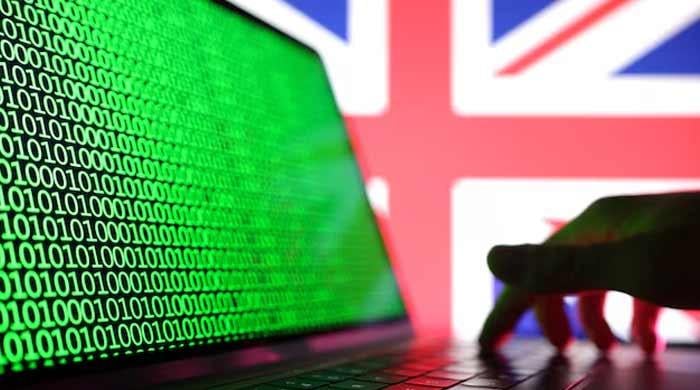Venezuelan police break up anti-government rally with tear gas
The rally was also meant as a show of support for a slate of 33 magistrates
July 23, 2017
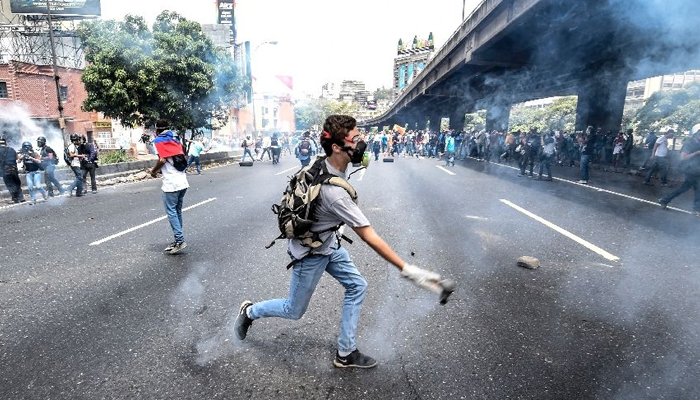
CARACAS: Police on motorcycles fired tear gas Saturday to break up an opposition march on the Venezuelan Supreme Court to press demands that President Nicolas Maduro leave office, as months of sometimes deadly anti-government demonstrations showed no signs of abating.
The rally was also meant as a show of support for a slate of 33 magistrates – a so-called shadow supreme court – whose names were put forward Friday by the opposition to replace Venezuela's current high court, which is closely allied with Maduro and frequently rules in his favour.
Emboldened by a nationwide strike on Thursday that paralysed parts of the capital Caracas and other Venezuelan cities, opposition leaders held a mock swearing-in ceremony Friday for the shadow court's new "judges."
Many of the actual court's justices were hastily appointed shortly before Maduro's ruling party lost its majority in congress.
The shadow court has strong support from the demonstrators, organisers said Saturday.
"Everyone has given their backing to the new Supreme Court," tweeted Freddy Guevara, a leader of the opposition-led Congress.
"We support the new judges because they will restore independence to the Supreme Court," said 43-year-old demonstrator Luis Torrealba, marching with his wife and teenage son.
In Saturday's march, hundreds of people took to a key Caracas motorway to head downtown toward the court building. But uniformed National Guard troops riding motorcycles fired tear gas to disperse them.
The swearing-in of a shadow judiciary was condemned by the government as "incitement to subversion" and an act of "treason," and officials threatened to throw the dissidents into prison.
Venezuela is in the throes of a political and economic crisis that has led to shortages of basic goods and soaring inflation.
With the situation already inflamed, the stakes have risen further, after the United States threatened economic sanctions if Maduro proceeds with a controversial July 30 election of a body to rewrite the constitution.
The president has vowed to maintain the July 30 election of 545 members to the "Constitutional Assembly."
Saturday's protests, like many others since April, were organised by the Democratic Unity Roundtable, a coalition of political opposition groups.
The number of deaths in protests across the country since April has reached 103 – about one fatality per day.




